Krzysztof Kieślowski was a Polish film director. He created profound, refined movies that featured themes about destiny and personal choice. He was particularly interested in the complexity of life.
Kieślowski was born in the Polish capital of Warsaw on June 27, 1941. His adolescence was marked by economic struggle and the death of his father.
After earning a diploma in theatrical stage painting, he continued his studies at Lodz Film School and graduated in film direction in 1969.
He first worked as a documentary filmmaker, producing Workers ’71 in 1971. The movie reported on a strike in Gdansk that Polish authorities repressed.
In 1979 he made the fictional feature film Amator which told the story of a young father and his passion for cinema. It won the Grand Prize at the Moscow Film Festival.
With his next works, Blind Chance and No End, Kieślowski established the themes that would characterize his style from then on.
Both films concerned the mysteries of chance and memory. They also marked the start of Kieślowski’s collaborative work with screenwriter Krzysztof Piesiewicz and musician Zbigniew Preisner.
In 1989, Kieślowski produced his masterpiece, The Decalogue, a personal meditation from a layman’s point of view on the meaning of the Ten Commandments in the Bible. Kieślowski explored the topic over ten short television films that narrated the lives of small businessmen who faced a wide range of moral dilemmas.
His next film, The Double Life of Véronique, was both delicate and mysterious. It attempted to plunge the depths of the human soul. The plot concerned two physically identical women who sensed one another’s presence even though they do not know one another. Like Kieślowski himself, both characters suffered from heart problems.
Another great success was a trilogy entitled Three Colors. Inspired by the colors of the French flag, it was produced as three separate films between 1993 and 1994. The three films dealt with the ideas of freedom, equality and brotherhood, respectively.
The trilogy won a Golden Lion at the Venice Film Festival, and gave Kieślowski the opportunity to work with French movie stars like Juliette Binoche and Jean-Louis Trintignant.
In 1994, Kieślowski announced his intention to leave the world of cinema to devote himself to his private life.
However, in the following years he became interested in making a new film inspired by Dante Alighieri’s Divine Comedy.
The film was never finished. Kieślowski suffered a fatal heart attack on March 13, 1996. He was 54.
Kieślowski was born in the Polish capital of Warsaw on June 27, 1941. His adolescence was marked by economic struggle and the death of his father.
After earning a diploma in theatrical stage painting, he continued his studies at Lodz Film School and graduated in film direction in 1969.
He first worked as a documentary filmmaker, producing Workers ’71 in 1971. The movie reported on a strike in Gdansk that Polish authorities repressed.
In 1979 he made the fictional feature film Amator which told the story of a young father and his passion for cinema. It won the Grand Prize at the Moscow Film Festival.
With his next works, Blind Chance and No End, Kieślowski established the themes that would characterize his style from then on.
Both films concerned the mysteries of chance and memory. They also marked the start of Kieślowski’s collaborative work with screenwriter Krzysztof Piesiewicz and musician Zbigniew Preisner.
In 1989, Kieślowski produced his masterpiece, The Decalogue, a personal meditation from a layman’s point of view on the meaning of the Ten Commandments in the Bible. Kieślowski explored the topic over ten short television films that narrated the lives of small businessmen who faced a wide range of moral dilemmas.
His next film, The Double Life of Véronique, was both delicate and mysterious. It attempted to plunge the depths of the human soul. The plot concerned two physically identical women who sensed one another’s presence even though they do not know one another. Like Kieślowski himself, both characters suffered from heart problems.
Another great success was a trilogy entitled Three Colors. Inspired by the colors of the French flag, it was produced as three separate films between 1993 and 1994. The three films dealt with the ideas of freedom, equality and brotherhood, respectively.
The trilogy won a Golden Lion at the Venice Film Festival, and gave Kieślowski the opportunity to work with French movie stars like Juliette Binoche and Jean-Louis Trintignant.
In 1994, Kieślowski announced his intention to leave the world of cinema to devote himself to his private life.
However, in the following years he became interested in making a new film inspired by Dante Alighieri’s Divine Comedy.
The film was never finished. Kieślowski suffered a fatal heart attack on March 13, 1996. He was 54.
RELATED
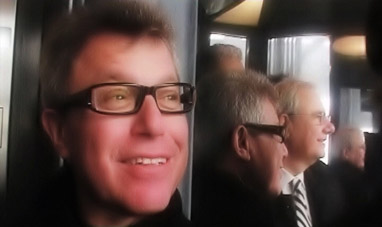

DANIEL LIBESKIND
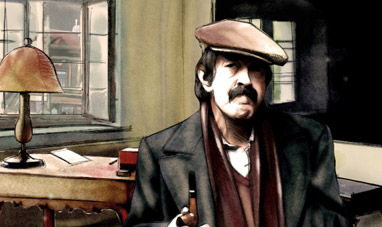

GÜNTER GRASS
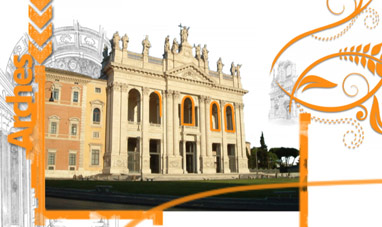

FRANCESCO BORROMINI
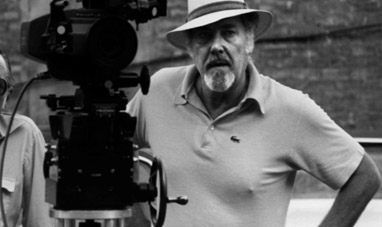

ROBERT ALTMAN
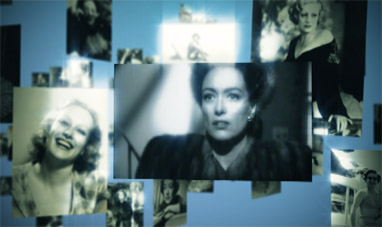

JOAN CRAWFORD
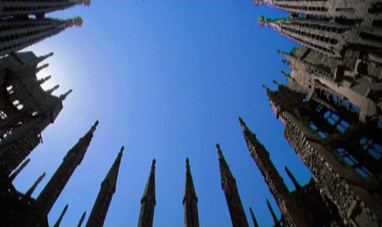

ANTONI GAUDÍ


PHARRELL WILLIAMS
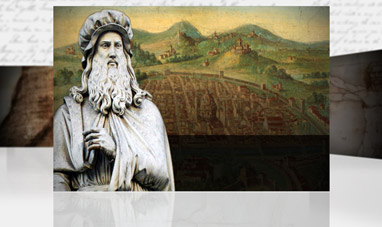

LEONARDO DA VINCI
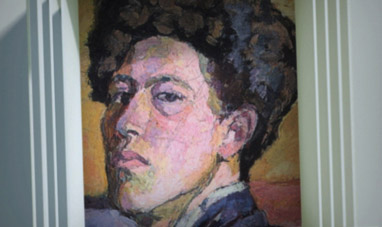

ALBERTO GIACOMETTI
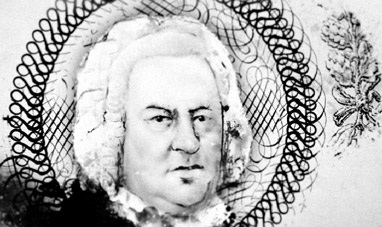

JOHANN SEBASTIAN BACH
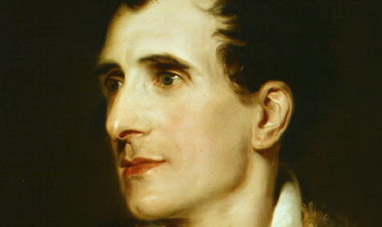

ANTONIO CANOVA
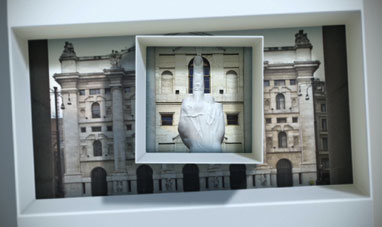

MAURIZIO CATTELAN
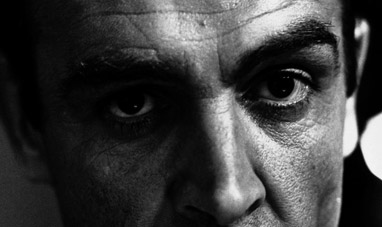

SEAN CONNERY
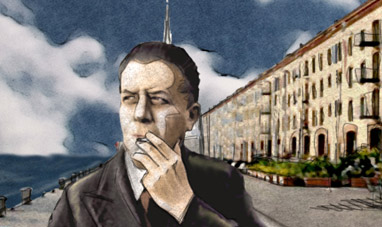

EUGENIO MONTALE
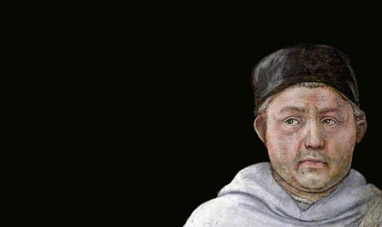

FILIPPO LIPPI
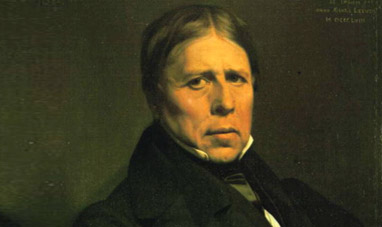

JEAN AUGUSTE DOMINIQUE INGRES
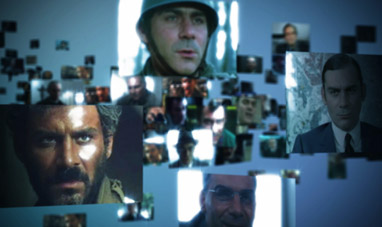

GIAN MARIA VOLONTÉ
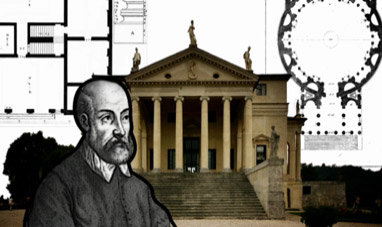

ANDREA PALLADIO
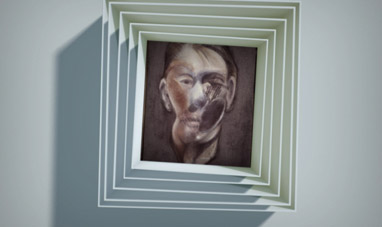

FRANCIS BACON
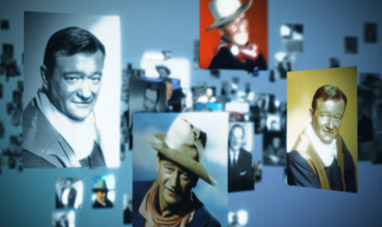

JOHN WAYNE
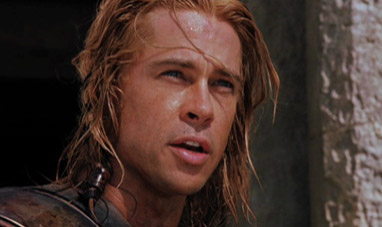

BRAD PITT
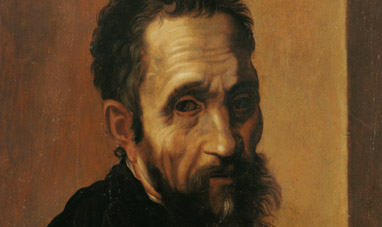

MICHELANGELO BUONARROTI
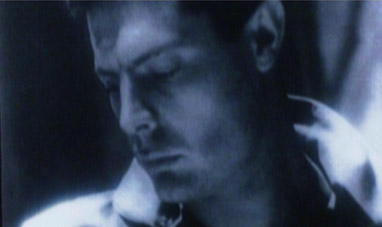

MARCELLO MASTROIANNI
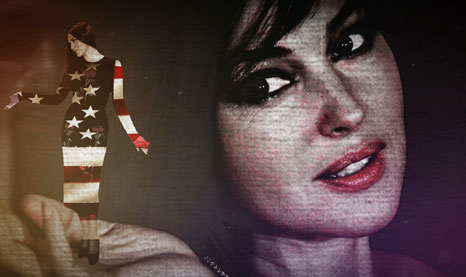

MONICA BELLUCCI
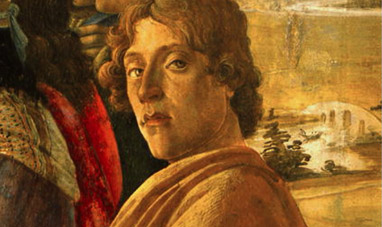

SANDRO BOTTICELLI


GIUSEPPE PENONE
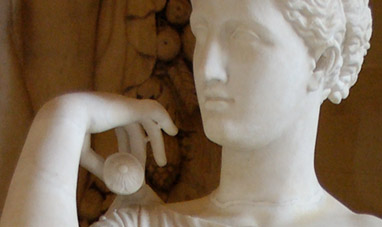

PRAXITELES
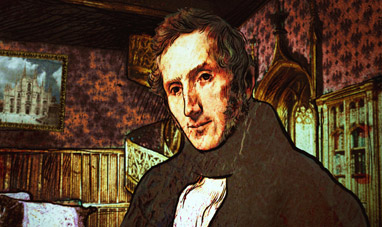

ALESSANDRO MANZONI
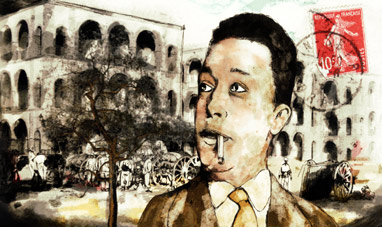

ALBERT CAMUS
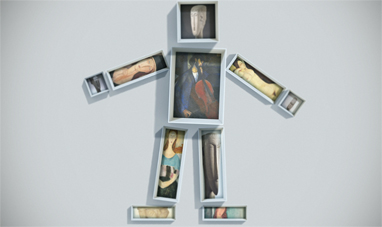

AMEDEO MODIGLIANI
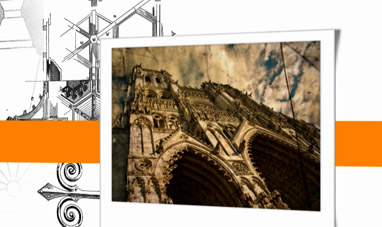

EUGÈNE VIOLET-LE-DUC
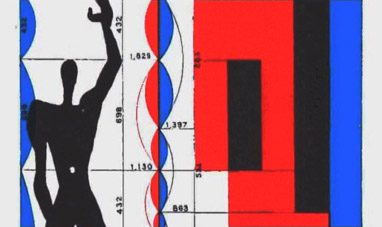

LE CORBUSIER
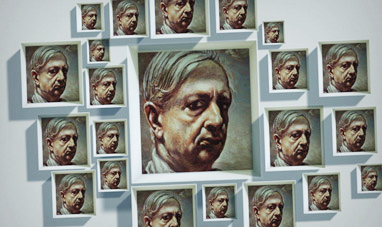

GIORGIO DE CHIRICO
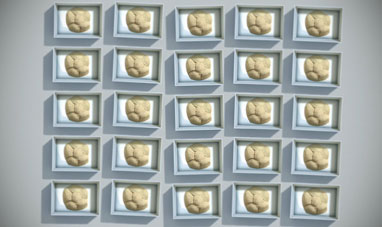

PIERO MANZONI


FRANK GEHRY
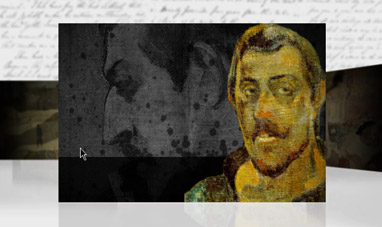

PAUL GAUGUIN
